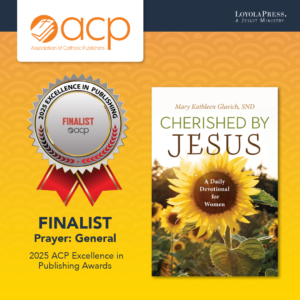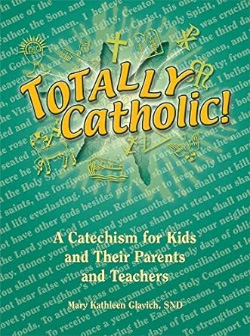 One of the three spiritual disciplines Christians practice during Lent is fasting. (The other two are prayer and almsgiving. The three practices have their origin in Christ’s Sermon on the Mount, Matthew 6.) We must eat in order to live, and fortunately God has made eating pleasurable for us . . . except when the meal is overcooked or undercooked and when we have an aversion to certain foods! Refraining from eating is associated with spirituality from time immemorial. People of the Old Testament fasted, and so did Jesus and the early Christians. There are good reasons for fasting and not only during Lent. Today many people fast as a means to lose weight. True, dieting is good for their health, but this is arguably the least noble motive for fasting. The primary purpose of religious fasting is spiritual: to increase our hunger for God. Here are nine other reasons to fast with examples from Scripture.
One of the three spiritual disciplines Christians practice during Lent is fasting. (The other two are prayer and almsgiving. The three practices have their origin in Christ’s Sermon on the Mount, Matthew 6.) We must eat in order to live, and fortunately God has made eating pleasurable for us . . . except when the meal is overcooked or undercooked and when we have an aversion to certain foods! Refraining from eating is associated with spirituality from time immemorial. People of the Old Testament fasted, and so did Jesus and the early Christians. There are good reasons for fasting and not only during Lent. Today many people fast as a means to lose weight. True, dieting is good for their health, but this is arguably the least noble motive for fasting. The primary purpose of religious fasting is spiritual: to increase our hunger for God. Here are nine other reasons to fast with examples from Scripture.
1. Before a great undertaking.
• Before Esther risked her life to go to the king and plead for her people, she asked all of the Jews to join her in fasting for three days.
• To get himself ready for his public ministry, Jesus fasted for 40 days.
• The newly-converted Paul fasted for three days from food and drink before becoming the apostle to the Gentiles.
2. To obtain help from God.
• When the Assyrians were approaching Israel, all of the Israelites fasted for many days. The result was that God raised up Judith to save them. She was a widow who fasted almost every day of the more than three years of widowhood.
• When hordes of enemies were approaching Judah, King Jehoshaphat proclaimed a fast throughout the country. The three attacking countries turned on one another, and all were killed before reaching Judah.
• When a plague of locusts was ravaging the land, the prophet Joel told the people to fast.
• When David’s son was dying, the king fasted for seven days.
• When the apostles were unable to expel a demon from a boy, Jesus said that it would only be accomplished by prayer and fasting.
3. To do as Jesus wished. When he was asked why his followers didn’t fast, Jesus replied that after he left would be the time for fasting. But he warned that we were to fast so that only the Father would know about it and reward us.
4. To develop self-control. Fasting frees us from being a slave to our desires. Disciplining our bodies by not eating is like exercise. It develops muscles in our will. We will have more strength to resist temptations and be faithful to the Gospel.
5. To be open to God during discernment. While members of the early church were worshiping and fasting, the Holy Spirit told them to set apart Barnabas and Saul for work. They group prayed and fasted, laid hands on the two men, and sent them off. (Acts 12:1–3)
6. As worship. The eighty-four-year-old widow Anna, who witnessed the presentation of the infant Jesus, never left the temple but worshiped there with fasting and prayer night and day.
7. As penance. Sacrificing food can be a way to make up for our sins. Moreover, it’s a sign to God that we sincerely repent. After Jonah foretold that the evil city of Nineveh would be destroyed, the king ordered all people and animals (!) not to eat or drink and turn away from sin. And God had mercy on them.
8. To identify with the poor. Having our stomach growl and perhaps going to bed hungry makes us more mindful  of people who lack even basic food. It’s recommended that money saved from giving up food be donated to the poor.
of people who lack even basic food. It’s recommended that money saved from giving up food be donated to the poor.
9. To be smarter. What? Digestion takes energy. When we fast, more of our energy can be applied to other things, like thinking.
The tendency during Lent is to “fast” from a certain habit, such as watching a television show or using Facebook. Some people give up a particular food, such as candy or snacks, but we can also omit an entire meal sometime. Did you know that when Jesus lived, people only ate two meals, breakfast and supper?
True, fasting from food is in vain unless accompanied by the fasting God chooses: coming to the aid of the poor and oppressed. (Isaiah 58:6-7) Yet there is something to be said for actually giving up food occasionally. When we do so, we increase our odds for someday being seated at the great banquet of heaven.
Warning: Don’t overdo fasting to the extent that it leads to physical or mental problems.
P.S. This week’s issue of Time Magazine has an article on aging. It states that research shows that those who fast live longer.
What has been your experience with fasting?









